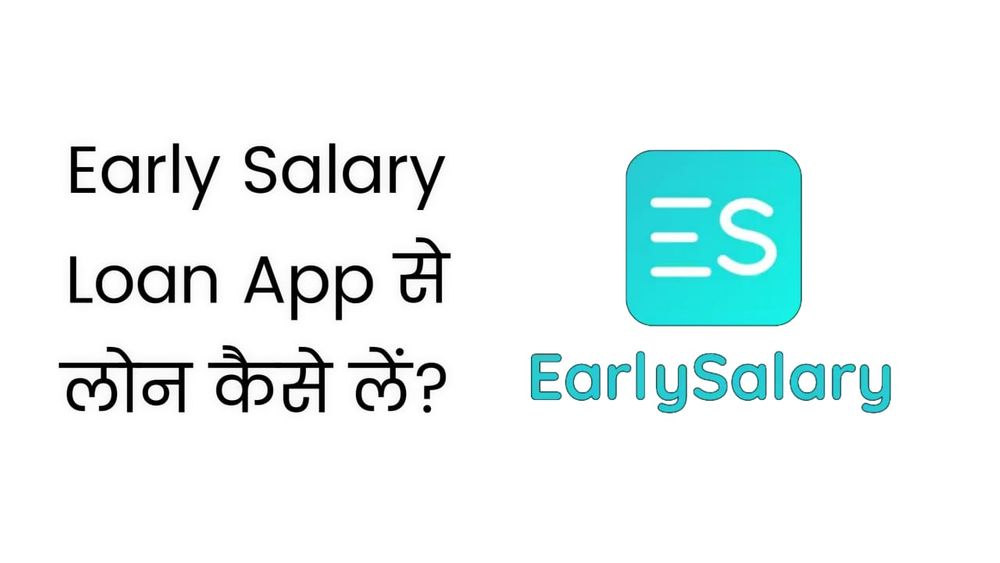Types of Investments Available in India

Investments is the acquiring of assets that provides the owner returns in the long run. Various types of options are available for investors to invest their money in. This article talks about the types of investments open to investors in India.
Broadly speaking, there are three main categories in which investments are classified. They are as follows:
Fixed income investments:
These are low-risk investments which provide guaranteed returns in the form of interest.
Market linked investments:
These are high risk investments the returns of which are not guaranteed. The returns of this type of investments depend on the market movement and the returns are high when the market rallies.
Other investments:
The remainder of investments that do not come under any of the aforementioned categories, come under other or alternative investments.
Following are some particular types of investment options you can consider.
Fixed Deposits:
Popularly known as FDs, these are offered by banks and other financial institutions. They offer guaranteed returns and therefore, are among one of the most popular investments in India. Their tenure ranges from as early as 7 days to as late as 10 years. Their interest rates are between 3-7% with some extra benefits to senior citizens. The interest payments are made monthly, quarterly, half-yearly, annually or at the time of maturity as per investor’s choice.
Bonds:
These offer a fixed rate of interest to the investors against the money invested. In this, the investors lend their money to the Government and corporations and in return, get regular income in the form of interest. These are among the categories of investments that have low risks. Investors of bonds are paid the entire amount after the bond expires (upon maturity). Investors also have the option of selling the bond before maturity in the secondary markets at higher prices and get profits.
PPF:
Public Provident Funds, or commonly called as PPF, is one of the post office savings schemes launched by the National Savings Institute. However, some private and nationalized banks are authorized to accept PPF investments. Since GoI backs it, the returns on this scheme are guaranteed. They also have a lock-in period of 15 years with the option to extend the scheme, in blocks of 5 years. The PPF rates are announced every quarter with the interest payments every year on 31st of March. Investment up to INR 1,50,000 per annum, qualifies for tax exemption.
Stocks:
This type of investment is known as an equity investment. Buying shares or stocks would give the investor a part in the ownership of the company they buy the stocks of. Investors invest in stocks with a motive to earn regular income in the form of dividends and also gain from capital appreciation. When the stock prices rise, investors can benefit from selling the shares. These are the riskiest investment types. This is because the returns are market-linked and therefore subject to fluctuations. One thing to note is that if you invest in this option, you should be ready to invest for the long run for optimized returns. Patience is the major virtue investors need to learn for this one.
Mutual Funds:
These are investments where various investors that pool money from investors to invest in assets like equity and debt. A mutual fund invests in shares, government bonds, corporate bonds, and other assets strategically which is handled by a portfolio or a fund manager. Returns from mutual funds are taxable as per the investment holding period. The tax rates, however, vary for equity and debt mutual funds.
This was the list of some of the investment options prevalent in India. Hope you enjoyed reading them.








